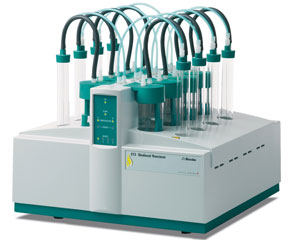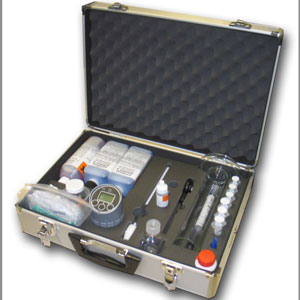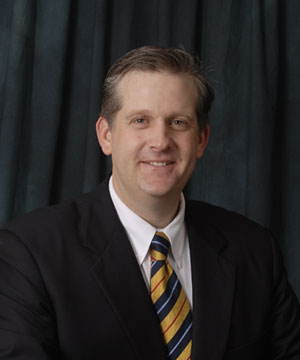September 2007
 View Full Print Edition
View Full Print EditionBusiness Briefs
Columns
Featured
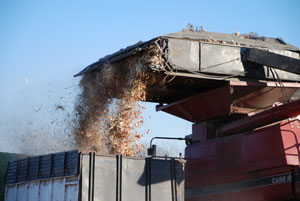
Nebraska Corncob Harvesters
By Ron Kotrba
Thirty-four-year-old twins from Nebraska invented the Residue Recovery System, a custom-made biomass collection system for combines that harvests and stores whole corncobs separately from the grain in a single pass through the field.
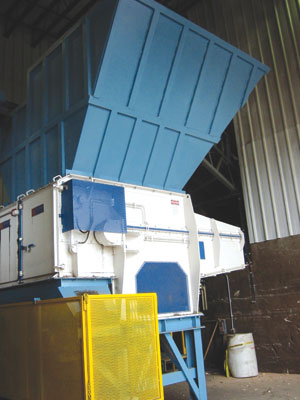
Hammermill Master
By Nicholas Zeman
Robert White Industries Inc. in Plymouth, Minn., has been designing biomass handling systems for nearly 20 years. Demand for these services is expected to increase as more companies look to biomass sources for their fuel needs.
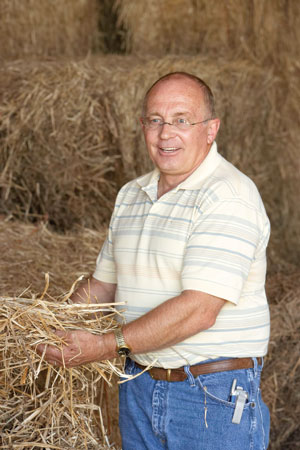
Switchgrass Pioneers
By Susanne Retka Schill
Long before President George W. Bush mentioned switchgrass in his State of the Union address, a group of Iowa farmers searching for economic opportunities and solutions for water quality and erosion problems turned to the native prairie grass. Today, with 10 years of research under their belts, the farmers are gearing up to produce switchgrass for commercial use.

A Research Revolution
By Jessica Ebert
Three new U.S. DOE-funded research centers will house multidisciplinary teams of scientists from across the country with the aim of coordinating the basic research needed to accelerate the promise of cellulosic ethanol as a renewable, sustainable, secure and cost-competitive biofuel.
If You Build It...
By Anduin Kirkbride McElroy
The Clinton County Chamber of Commerce in Frankfort, Ind., has spent four years developing a plan and determining sites for two major waste-to-energy projects. The primary project will be the first commercial, multiple-input anaerobic digester in the United States.
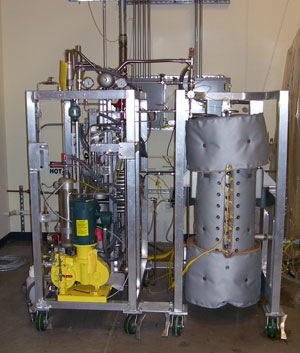
Discovering New Uses for Glycerin
By Jessica Ebert
Biodiesel Magazine catches up with a few of the researchers investigating innovative chemical and biological processes for the conversion of glycerin into value-added products including antifreeze agents, hydrogen, fortified milk and ethanol.
The Glycerin Spread
By Ron Kotrba
Refined glycerin prices have remained solid since earlier this year, but biodiesel producers selling crude glycerin, while retrieving modestly higher returns for their byproduct compared to last year, are still entering a saturated crude market. In the meantime, alternative uses for crude glycerin and capacity to refine it are on the rise.
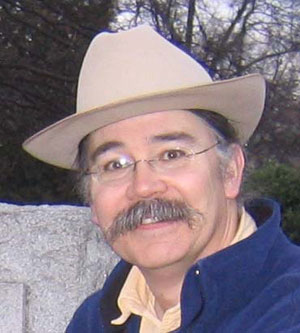
Constructing a Cleaner Work Environment
By Bryan Sims
Washington is nicknamed the "Evergreen State" and Central Washington Biodiesel LLC has taken a proactive approach to preserving that moniker by supplying B99 in support of Microsoft Corp.'s data center construction project in Quincy, Wash. Biodiesel Magazine talks to the biodiesel producer and the contractors involved about how the fuel has improved working conditions.
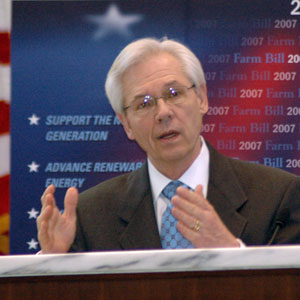
Where Does Biodiesel Legislation Stand?
By Nicholas Zeman
The good news is the House Ways and Means Committee supports provisions in the Energy Bill that strengthen the biodiesel industry, and the House version of the Farm Bill would expand the Commodity Credit Corporation Bioenergy Program and the Biodiesel Education Program. The bad news is that nothing is written in stone, and the administration strongly opposes any provisions that could hamper international trade.
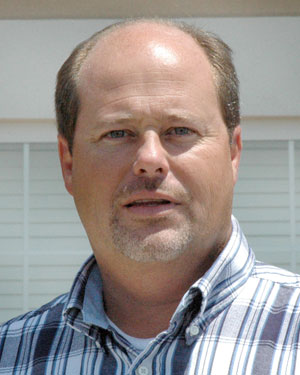
From the Ground Up
By Susanne Retka Schill
Three brothers from Arkansas, who already develop and grow their own soybean seed and provide crop monitoring and management services, aim to vertically integrate their business by buying soybeans, crushing them and turning the oil into biodiesel.
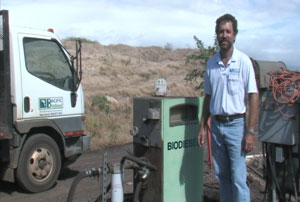
On a Simple, Sustainable Mission
By Susanne Retka Schill
Word of Bob and Kelly King's grassroots approach to producing biodiesel is getting around. Pacific Biodiesel Inc., with its humble Hawaiian roots in the Central Maui Landfill, continues along its community-based, sustainable path using locally produced feedstocks.
Contributions
Extreme Makeover-Nature Edition
By Mike Janes
Sandia researchers are looking to biology in earth's extreme environments to help solve the cellulosic ethanol puzzle. Their enzyme studies may provide the key needed to spark an industry.


